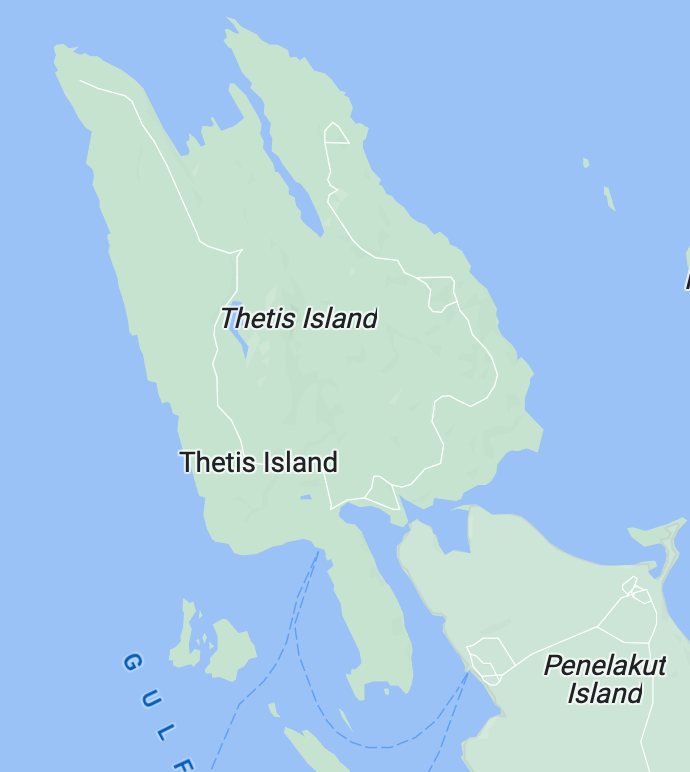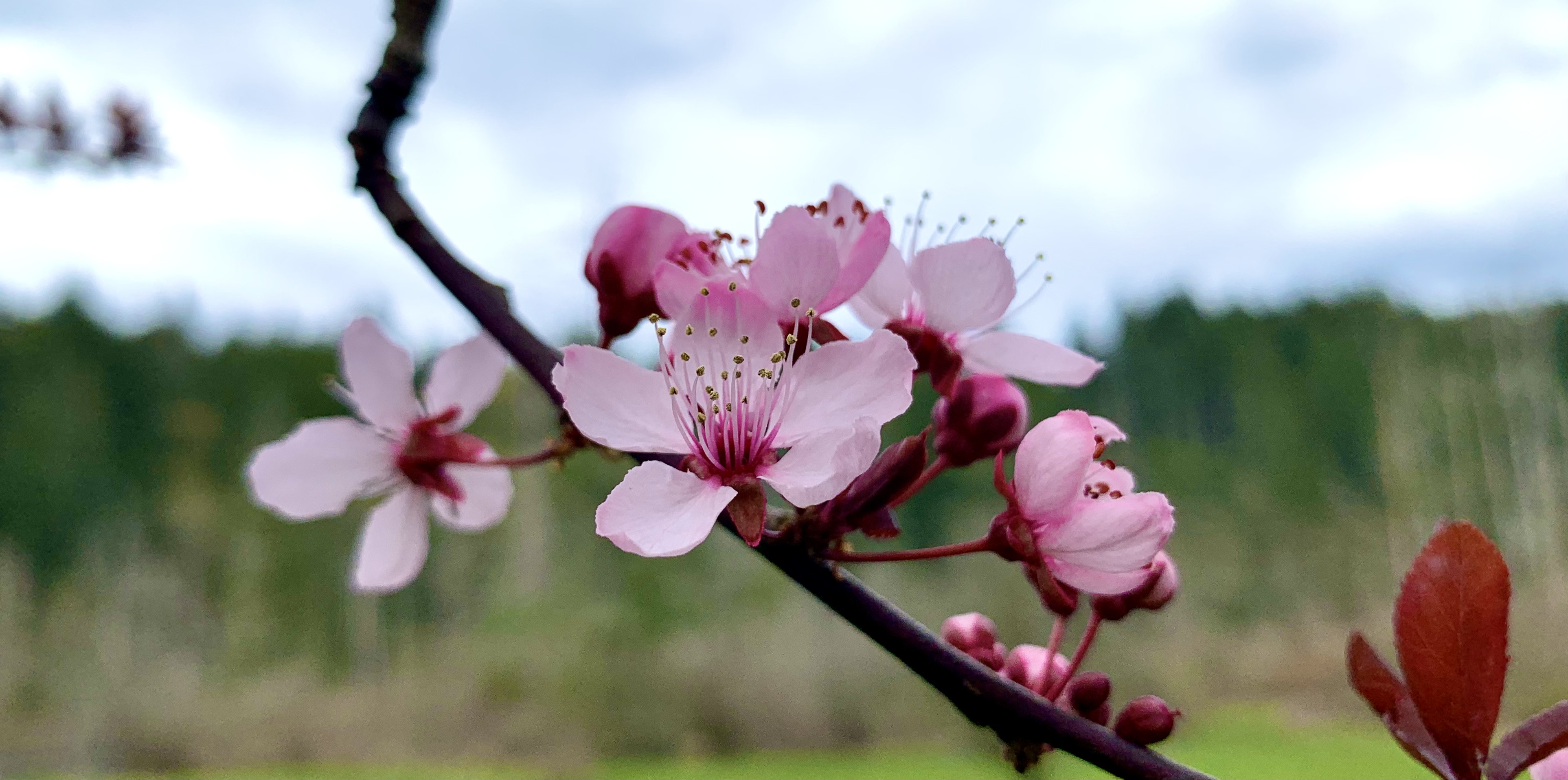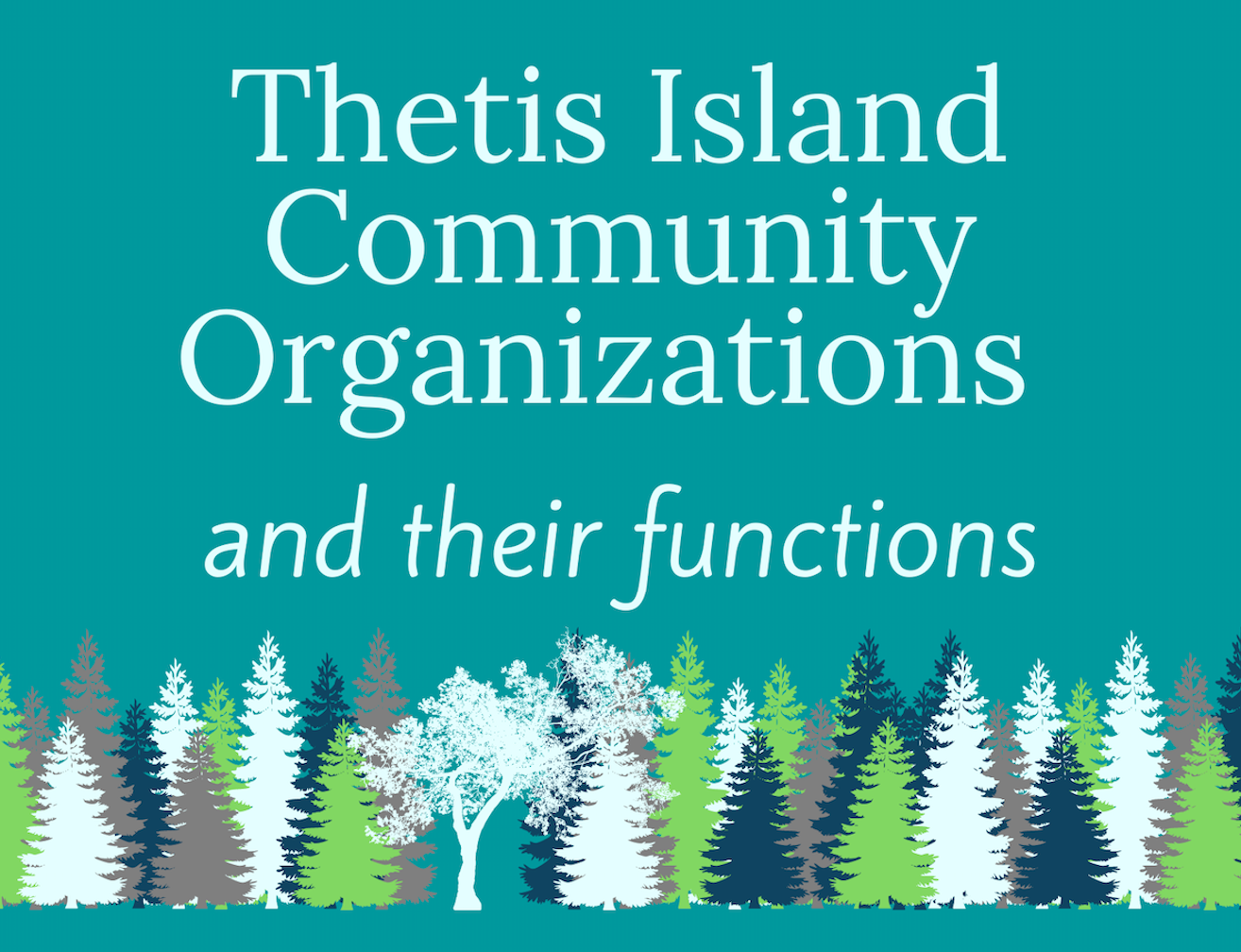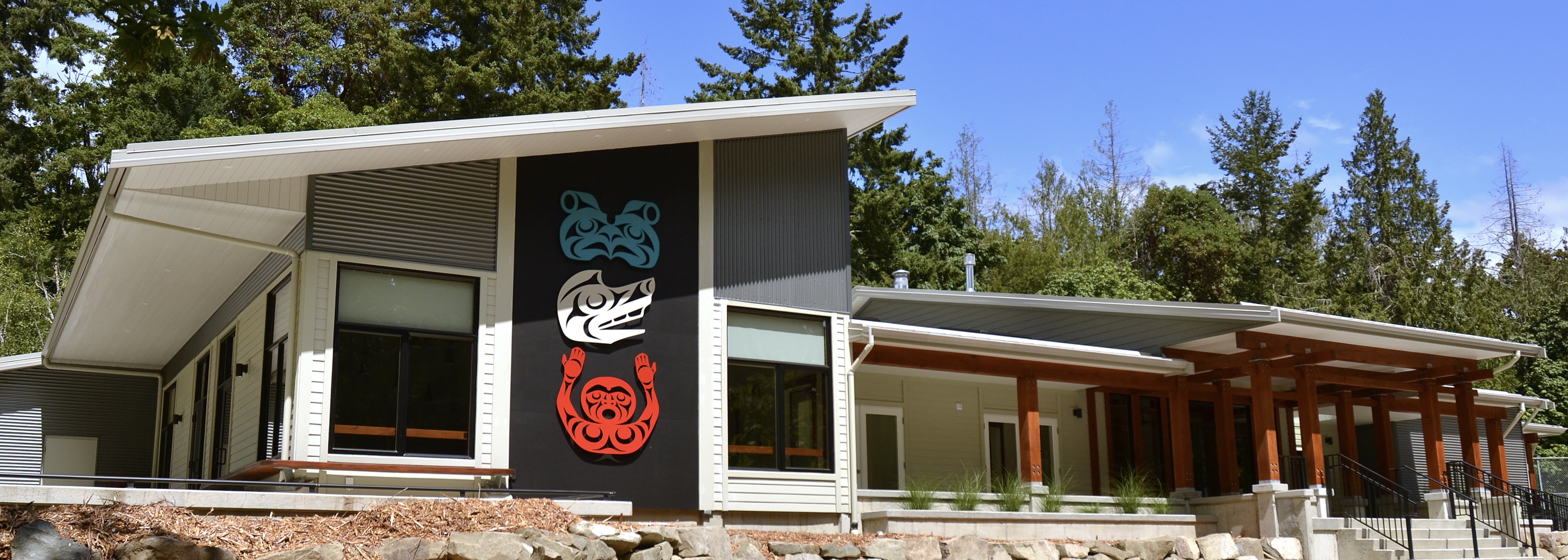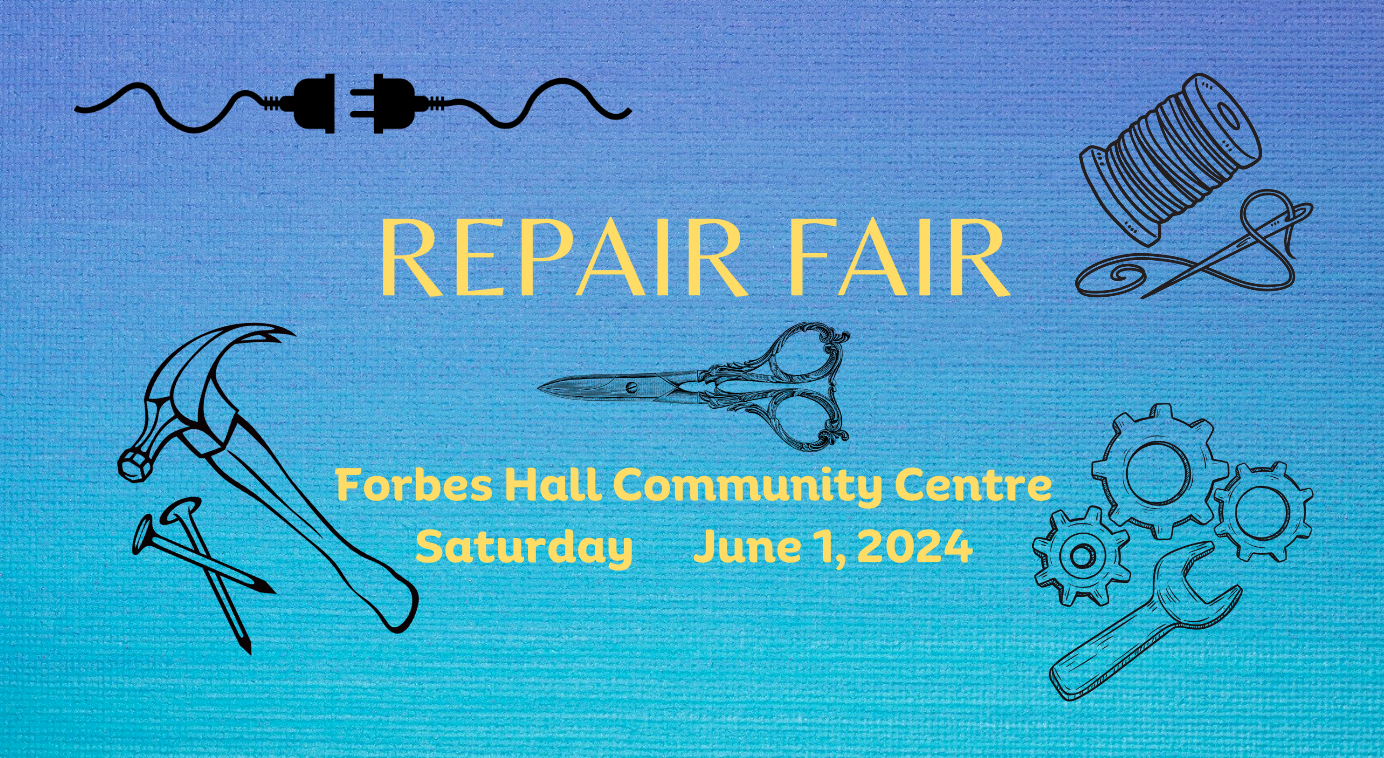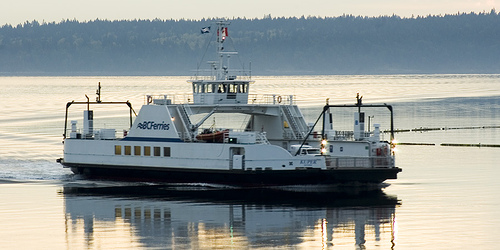Hello neighbours - FYI
Received from a concerned resident for our informal re some concerns surrounding Geoduck Aquaculture.
Please see this letter from the GFA to the DFO Geoduck Aquaculture on Denman in 2014.
“This is to request the DFO exclude the Islands Trust islands from its geoduck aquaculture management plan at least until there's a full independent public review of its potential impacts on the islands' natural and social environments.
As a priority, the review would take into account the unique nature and significance of the Islands Trust Act and the area of its jurisdiction. Unlike all traditional forms of local governments in Canada and beyond, the 40-year-old Trust was set up to 'preserve and protect' the remarkable natural environment of the southern Gulf Islands. The importance of the Act's environmental priority has been confirmed by the courts and in an expert legal opinion commissioned by the Gulf Islands Alliance.
The DFO draft plan makes no mention of Islands Trust, Local Trust Committees or the Trust's Policy Statement that urges senior governments to honour the Trust Act by protecting areas that thrive with naturally occurring shellfish populations and other marine life. The draft contains no provision to invite any affected local government to join with federal and provincial agencies in the 'harmonized' review process for issuing shellfish licences and tenures. The Trust already insists that finfish farms should not be permitted in its marine waters and aquaculture should only be permitted "if compatible with maintenance of ecosystems and community character."
Compatible with maintenance of ecosystems?
The Trust describes intertidal habitats as "biodiversity hotspots ... home to hundreds of marine species...that connect foodwebs from the land to the ocean abyss." But present commercial shellfish monocultures on the western shores of Denman Island and Baynes Sound in the Trust Area are incompatible with the maintenance of beach ecosystems there. Further escalation and expansion of these unsustainable practices to other Trust islands under the proposed geoduck plan would provoke well-founded opposition by Gulf Islanders and other concerned Canadians. The DFO's description of the geoduck as “one of the most ... environmentally sustainable fisheries on the west coast” is held in some disbelief. Last fall the Gulf Islands Alliance sponsored a series of public meetings on six major Gulf Islands by the Association for Denman Island Marine Stewards who told of company vehicles driving on beaches, tons of industry debris that residents clean up each year, the disruptive berming and altering of water courses, and anti-predator netting that renders critical bird habitat unavailable to birds for feeding and can snare other wild life. And recently some Gabriola Island residents complained that silt stirred up by the use of stingers to harvest wild geoducks is destroying "kelp, starfish, snails and jellyfish" in the Whalebone area.
Looking south, many Gulf Islanders are alarmed and demanding that the ecological damage and bitter legal citizen/industry conflicts caused by geoduck aquaculture in Washington State must not be repeated here. The Case Inlet Shoreline Association of Puget Sound says the shellfish industry and commercially-biased government regulators use out-of-context self serving pseudo science to justify injurious practices and deny obvious environmental damage. Among other wrongs, the Association says the shellfish industry causes the loss of biodiversity, the depletion of native species, the introduction and spread of alien organisms, the killing and hazing of shorebirds, the use of chemical poisons to kill native burrowing shrimp and the disruption of fish habitat. It dismisses as "false and misleading industry propaganda" claims that shellfish aquaculture provides positive ecological functions and improves water quality. It says the geoduck industry removes and destroys eelgrass, sand dollars, and starfish and further threatens endangered salmon species and bald eagles. The Association also points out the high environmental cost of using polyvinyl chloride (PVC) tubes. They weigh in at 75 tons per acre of geoduck aquaculture. PVC pipe breaks down in a marine environment, releasing toxins absorbed byzooplanktons and bio-magnifying their harm as they move up the food chain. Vinyl chloride in PVC is a human carcinogen. While like the Denman marine stewards theUS group doesn't oppose a well-managed and regulated shellfish industry of limited scale, it does insist that the precautionary principle should be imposed until all the present unknown cumulative effects of the industry's potential impacts are understood.
Compatible with community character?
Before intertidal geoduck aquaculture is imposed, Gulf Islanders must be afforded the same right of due process that's applied to any proposed land use change. Separating incompatible uses is a pillar of desirable and humane planning. Because of unnecessary, deleterious effects on quality of life and property values, active industries and residences must be kept from each other's doorstep. DFO's list of licensing considerations, including adjacent land uses and ecological protection, offer little comfort to those who witness their unhindered violations. Allowing geoduck aquaculture in the intertidal zone directly in front of shoreline homes is an avoidable provocation. Most distressing, the draft plan allows owners of existing tenures to switch to geoduck cultivation without approval by any authority. Being public property should not excuse senior governments from observing fair planning and zoning practices and seeking full and formal public input. There are many other legitimate, significant and competing interests evident in the Islands Trust marine areas, interests that should not be pre-empted by DFO. Important decisions such introducing geoduck aquaculture to new areas -- which have wider impacts on property tax revenues, tourism, recreation and other elements of the local economy -- should be political and not assigned to the discretion of singularly-focused, unelected government agencies. A review of the geoduck plan would uncover just how much islanders love their marine environment and lead to a better resolution for everyone. Because the multi-layers of jurisdiction and the process of implementing change will be viewed by the general public as complicated and confusing and because changes to shoreline uses are more 'in your face' than other 'out to sea' fisheries initiatives, there's a greater necessity and benefit for authorities to explain what and why the proposed change is for the public good. Or not.
The Gulf Islands Alliance is a non-profit grassroots group of island residents dedicated to the preserve and protect mandate of the Islands Trust Act.”
Please share!
 Sunday, February 23, 2020 at 11:27AM
Sunday, February 23, 2020 at 11:27AM  Editor |
Editor |  Post a Comment |
Post a Comment | 